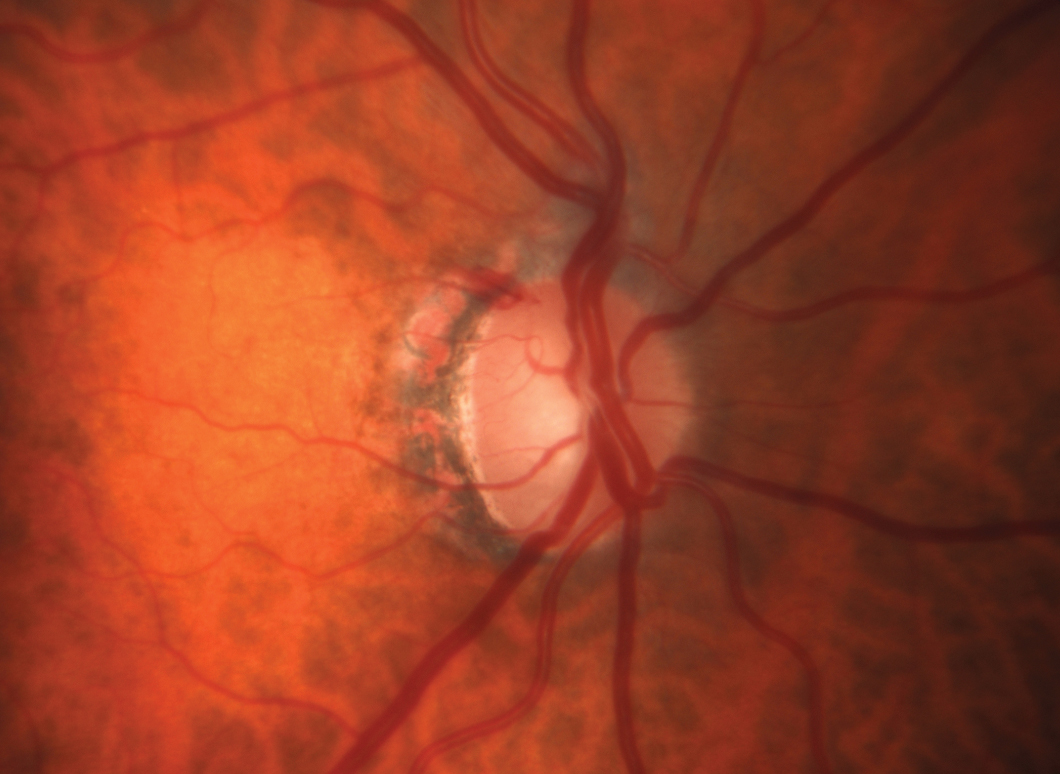 |
| In this study, patients who used Medicaid for insurance were 52% less likely to present with more severe glaucoma at first presentation post-ACA compared with pre-ACA, though this was not found to be true among the entire population. Photo: Michael Chaglasian, OD, and Sarah B. Klein, OD. Click image to enlarge. |
It’s been shown that nearly half of the glaucoma cases in the United States are undiagnosed and the condition can be more severe in those who don’t have regular access to health care. In a recent study, researchers investigated the impact of policy changes, specifically the Affordable Care Act (ACA) in 2014, on presentation of glaucoma severity.
Data for 2,394 pre-ACA and 3,651 post-ACA first-time glaucoma patients from 2006 to 2021 was used. Visual field mean deviation was used to define glaucoma severity: mild (above -6db), moderate (between -6dB and -12dB) and severe (below -12dB). The researchers adjusted for age, race, gender and insurance type when exploring the odds of presenting with more severe glaucoma.
Overall, there was no significant difference in the likelihood of more severe glaucoma at first presentation post-ACA compared with pre-ACA among the entire population, and this remained nonsignificant after adjusting for age, race, gender and insurance. However, patients who used Medicaid for insurance had 52% decreased odds of presenting with more severe glaucoma at first presentation post-ACA compared with pre-ACA.
“Our findings suggest that while the ACA may have improved access to ophthalmological care among those who may have been previously uninsured, there was minimal impact on the entire population,” the authors concluded in their paper for Ophthalmic Epidemiology. “Glaucoma does not always present acutely and may not require immediate treatment; it is possible that some patients do not seek care until their glaucoma worsens, despite having access to health insurance.”
The team also found that patients who present post-ACA who were on Medicaid “were significantly less likely to present with more severe glaucoma. Previous research has shown a relationship between the implementation of ACA and/or Medicaid expansion with improved health outcomes in patients with Medicaid, including increases in dilated eye examination rates and more early-stage presentation of head and neck cancer. The implementation of ACA and associated increase in healthcare access may create more equitable access to care, particularly for lower income populations.”
Sekimitsu S, Elze T, Zebardst N. Impact of the Affordable Care Act on glaucoma severity at first presentation. Ophthalmic Epidemiol. June 20, 2022. [Epub ahead of print]. |


